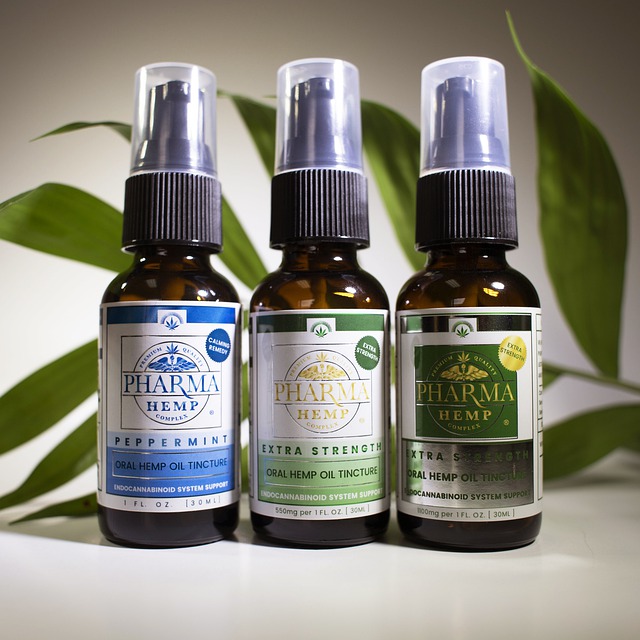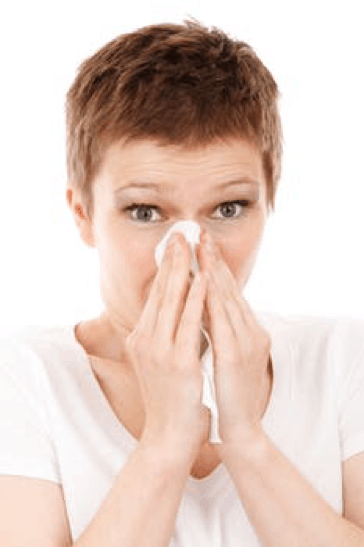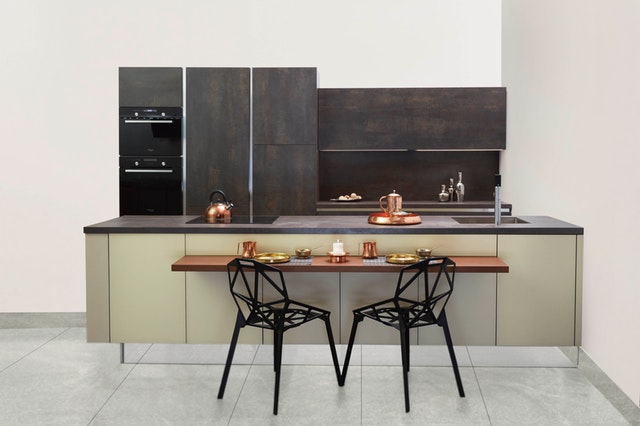The air you breathe affects your health — you know that. What many people don’t realize is that low-quality indoor air can impact their sleep, as well. Air pollution isn’t limited to the world outside of your home. It occurs inside, as well. Breathing in pollution as you sleep has a variety of detrimental effects. At best, it leaves you restless and unable to get comfortable. You know the feeling — first you’re too hot, then too cold, you toss and turn all night, you never reach your REM cycle, and you probably wake up with a pounding headache. It gets worse.
Your oxygen inhalation decreases, as well. Your lungs have to fight harder for less oxygen. Animal dander, dust, and debris from clogged air filters can result in sleep-related disorders. Can you believe it? Once it reaches a certain level, something as seemingly innocuous as dog fur can lead to problems like sleep apnea. Smoking and nicotine residue do a number on the air quality, too. It’s not even a good idea to have artificially scented products in your house, and you have to change your air filters regularly and schedule regular maintenance. Think of the muck you take into your lungs otherwise.
You can also call for a house-wide smoking ban. Give smokers in your social circle a dedicated area of their own. Every year, book an appointment to have your system serviced. An air purifier is helpful in homes that have an excess of pollution, as well. The following infographic teaches you a variety of other ways to improve the quality of your sleep.








